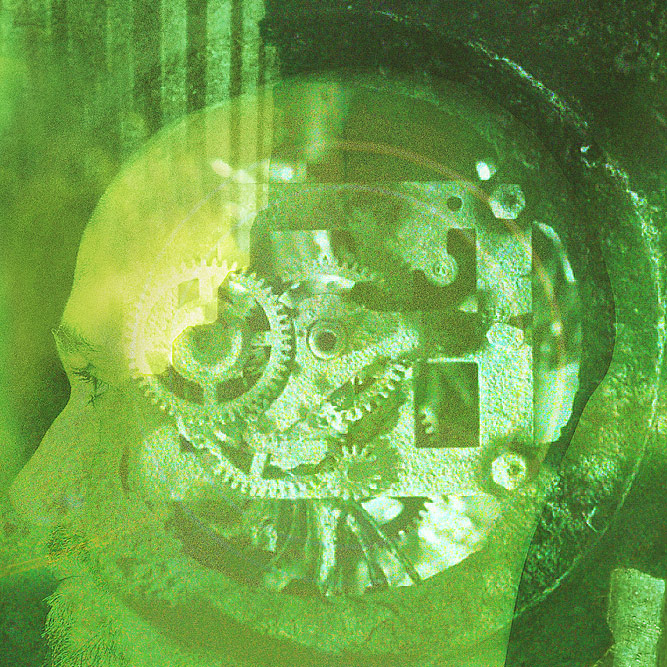
MONDAY, April 8 (HealthDay News) — Delays in mental development are detectable in children within six weeks after they have a seizure that lasts more than 30 minutes, and these impairments are still present a year later, a new study finds.
British researchers looked at 54 children, ages 1 to 42 months, who had at least one of these long seizures, called convulsive status epilepticus (CSE). Some of them had seizures with fever and some without fever.
The children were assessed within six weeks of the seizure and again after one year. They were compared to children who had not suffered seizures.
The findings suggest that convulsive status epilepticus is linked to neurodevelopmental delays within six weeks of the seizure, and that these impairments are still present after one year, according to the study published April 8 in the journal Epilepsia.
“The fact that neurodevelopmental impairments are still present at one year after the episode suggests that the CSE event is not having just a transient effect on developmental abilities. The CSE may have a longer lasting impact on future development through a more permanent reorganization of functional brain networks — a reorganization that may have already taken place when we first assess these children,” study lead author Dr. Marina Martinos, of University College London’s Institute of Child Health, said in a journal news release.
It’s also possible that the neurodevelopmental impairments were present before the seizure, according to the researchers.
They said further studies are needed to learn more about the long-term effects of convulsive status epilepticus on child development.
Convulsive status epilepticus is one of the most common neurological emergencies in children. Previous research has shown it occurs most often during the first three years of life, a time of critical growth and development.
More information
The Nemours Foundation has more about seizures in children.

